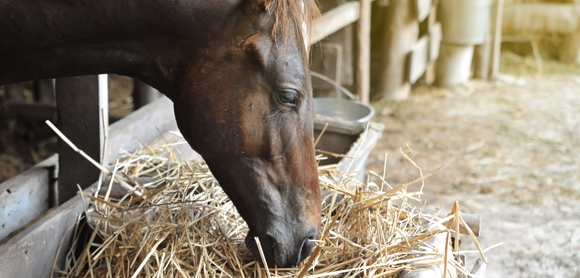
10 fascinating facts you might not know about horses
With the uncanny power to sense even a whiff of medicine in their feed, or identify a rogue crisp packet from what feels like a mile away – you’d be forgiven for suspecting that horses were built to keep us on our toes. Well, that might just be true!
We’ve rounded up 10 facts about horses that you might not know yet. From their digestive systems to their ability to read our emotions, prepare to be amazed!
1. Horses have a unique digestive system
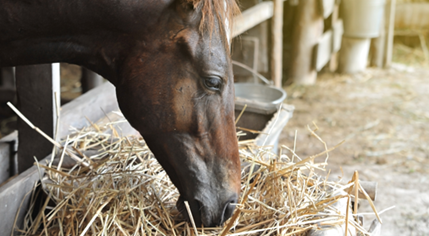
Unlike many other herbivores including cows and sheep, horses have a single stomach. The majority of their digestion happens in the hindgut, where microbes and bacteria ferment ingested fibre. These microbes and bacteria are specific to the type of food your horse eats, which is why it’s important to transition to a new food slowly. A sudden change to your horse’s diet can prevent proper fermentation occurring in their digestive tract and put your horse at an increased risk of certain types of colic.
2. Horses can read and remember your emotions
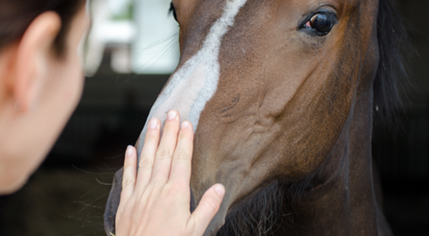
Researchers have found that horses can read our facial expressions and tell when we’re happy or angry. Not only that, they can also remember our emotional state and adjust their behaviour according to our mood. A horse’s heart rate also increases when they look at an angry person. We’ve always known that our horses can tell what mood we’re in, and now we have the science to help us understand them even better.
3. Arthritis is one of the most common health problems in horses
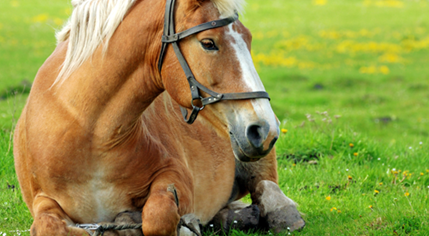
Arthritis is also known as Degenerative Joint Disease (DJD) or osteoarthritis and was the number one cause of equine insurance claims at Petplan Equine in 2019. It develops slowly as cartilage around joints like the fetlocks, stifles, hocks and knees starts to degenerate, usually as a result of wear and tear when the horse ages. It can cause lameness, stiffness, swelling and heat in the joints. It can be painful, but may be managed with oral anti-inflammatories, joint supplements and potentially with injections into the joints.
4. The world’s oldest horse lived to be 62 years old
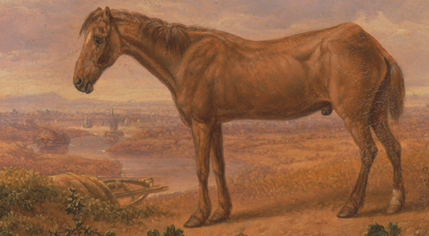
The average lifespan for domestic horses is around 25 to 30 years, but the oldest horse in the world lived for an impressive 62 years. ‘Old Billy’ was born in 1760 near Woolston in Lancashire. It’s said that he worked as a barge horse. He became famous in his local area and was painted by a number of artists. Old Billy died in 1822 near Manchester. The oldest horse currently insured on our Petplan Equine Veteran horse insurance plan is 40 years old!
5. Horses have the largest eyes of any land mammal
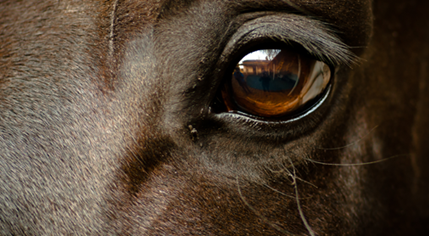
The size and placement of the horse's eyes allows them a 350° field of vision. Scientists have discovered that the size of a mammal's eye is dependent on the size of their bodies and their maximum running speed. Fast-running animals like horses and cheetahs need to have good vision to prevent them running into obstacles. Horses' eyes are also extremely sensitive to motion to help them spot predators before they are seen - as we’ve all experienced when we ride past a rogue plastic bag in the hedgerow!
6. Horse legs are surprisingly fragile
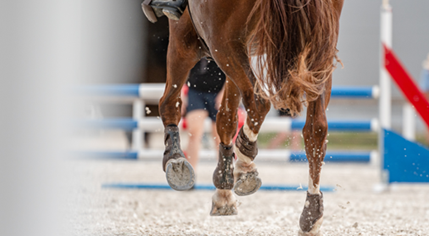
A horse’s legs have no muscle below the knees and hocks. As a result, there’s decreased blood flow to these areas. This means that any lower limb injuries can take a long time to heal with wounds in this region much more likely to heal with scar tissue than injuries higher up the limb. As horses’ legs are also under a lot of stress, it’s no surprise that they can be easily injured. 45% of all equine insurance claims made to Petplan Equine are related to legs! Some of the most common conditions are tendon and ligament damage, navicular syndrome and laminitis.
7. Horses graze for up to 15 hours every day
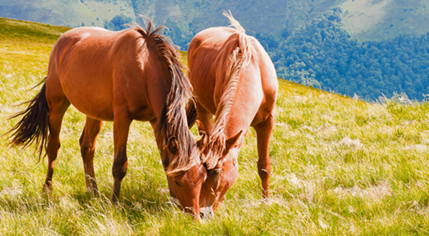
Horses spend the majority of their time grazing and can travel up to seven miles every day in the wild as they select the best grasses. A lack of forage for our domestic horses can lead to a build-up of digestive acids that, over time, can cause gastric ulcers. Stress can also cause ulcers, which are thought to affect up to 37% of leisure horses. Gastric ulcers are the second most common health problem we see at Petplan Equine.
8. Horses ears move through 180 degrees
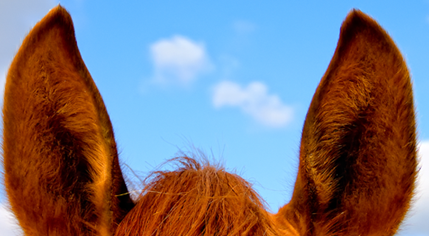
If you’ve ever been riding your horse and marvelling just how much they can move their ears, you’re not alone! While our ears only have three muscles connected to them, horses have 10. They can swivel their ears independently, keeping one ear on you and the other on the sounds of the feed room. Horses use their ears as an expressive way to communicate with us, and each other, revealing whether they’re relaxed, nervous or tense.
9. Horses have nearly the same number of bones as humans
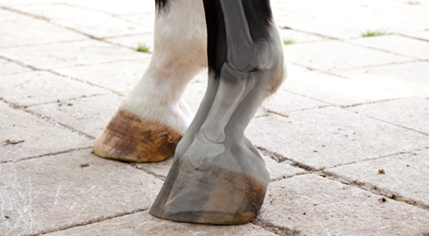
With their large bodies you might expect a horse’s skeleton to be made up of a lot more bones than ours, but that’s not the case. Compared to the 206 bones in a human skeleton, the majority of horse breeds have 205 bones. The Arabian breed is an exception. Most horse breeds have 18 thoracic vertebrae, which attach to their rib cage and six lumbar vertebrae, which sit between the rib cage and pelvis. Arabians often have 17 thoracic vertebrae and five lumbar vertebrae. If Arabians only have 17 thoracic vertebrae, they also have one less rib.
10. Horses have a strong sense of smell
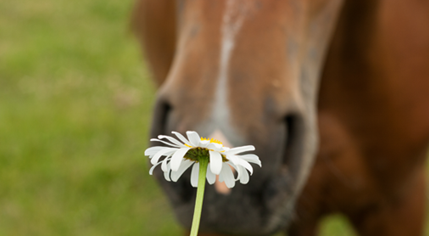
Ever tried to sneak some medicine into your horse’s feed and they’re having none of it? That’s because horses have a better sense of smell than we do. They can easily pick up the unusual scent of medication before they’ve even tasted their food, which can make feeding supplements or medication difficult - especially if your horse is a fussy eater. Their large nasal cavity allows them to inhale a lot of air as they work out what they’re smelling. It even seems that they can identify horses they’ve met before from the smell of their manure.
Did you learn something new about your horse today? Share this article with a friend or test their knowledge over a cuppa in the tack room.


